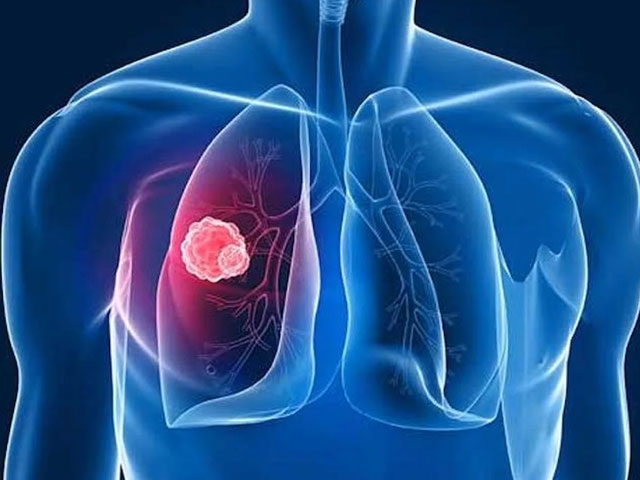
What is Lung Cancer?
Lung cancer is one of the most fatal types of cancer with only 16% chance of being diagnosed at early stages. It is the malignant formation caused by the unbalanced proliferation of cells in the lung. In a typical progress of this disease, the cancerous cells first proliferate where they are located and form a mass structure, and when the illness reaches advanced stages it spreads to surrounding tissues and organs. Since it is usually asymptomatic in the early stages, the disease is often in an advanced stage when it is diagnosed. For this reason, it is highly recommended to undergo regular screening for individuals at risk. Read on to learn more about the main risk group.
Symptoms of lung cancer
In the initial stage of this disease it is very hard to feel by yourself that there is something wrong with your lungs. There will be almost no symptoms or signs. However, as the disease develops, these changes will be observed;
- A persistent cough that gets progressively worse,
- Bloody sputum,
- Hoarseness,
- Difficulty while swallowing even the liquids,
- Sudden loss of appetite without any obvious reason,
- Acute and rapid weight loss
Main causes
This disease is directly related to the quality of what you inhale and as you can tell, the most common cause is smoking. Smoking is responsible for more than 85% of all cases. According to studies, people who smoke more than 25 cigarettes a day are 25 times more likely to develop the disease than those who never smoked.
Passive smoking (inhaling other people’s tobacco smoke in the air) also increases the risk. Women whose husbands smoke have been found to have a 25% higher risk of developing the illness than non-smokers. However, this cancer can also occur in people who have never smoked a cigarette in their lives.
Some active chemicals can also trigger the disease. Asbestos for example, which once was being heavily used in industry, is a fibrous mineral with carcinogenic properties and is another cause of this cancer.
What are the types of lung cancer?
If the case starts in the lung and then spreads to surrounding tissues and organs, this is called primary type. If the disease starts elsewhere in your body and then spreads to your lungs, it is called secondary type.
Primary type is divided into two main groups: small cell lung cancer and non-small cell lung cancer. About 12 out of every 100 cases are small cell lung cancer (12%). It is usually caused by smoking and tends to spread to other tissues at the early stage.
The vast majority of cases are non-small cell cancers (88%) and these cases are slightly more benign. Non-small cell type cases are also divided into subtypes regarding their starting point in the respiratory system; adenocarcinoma, squamous cell carcinoma and large cell carcinoma.
How is it diagnosed?
If you have any of the signs and symptoms we mentioned above, pay a visit to a physician immediately. Your doctor will listen to your story and will ask for some tests. If necessary, a chest X-ray or computed tomography (CT) may be performed. If you have a cough with sputum, a sputum sample will be taken and examined in the laboratory.
If you have a smoking story in the past, this will put you in the high risk group even if you have already quit. People at risk may consider annual screening with low-dose computed tomography. CT scan is usually recommended for people aged 55 and over, who have smoked heavily for many years and are healthy.
If your CT scan shows a suspicious formation in the lungs, next step will be biopsy. A tissue sample consisting of abnormal lung cells will be picked out by special tools and examined by a method called biopsy. The diagnosis will made regarding the result of this in-vitro analysis. The stages and type of your case will be determined by your physician and if needed, your treatment will be planned.
Lung cancer treatment
Treatment plan varies depending on a number of factors such as your general health, age, the type/subtype and stage of the disease. There are different treatment options such as surgery, radiotherapy, chemotherapy and even immunotherapy, which is a newer but very promising innovation in medicine.
If you are interested in learning more about possible options, you can call Dr. Ada anytime and learn more about our lung cancer treatment services in Turkey.

